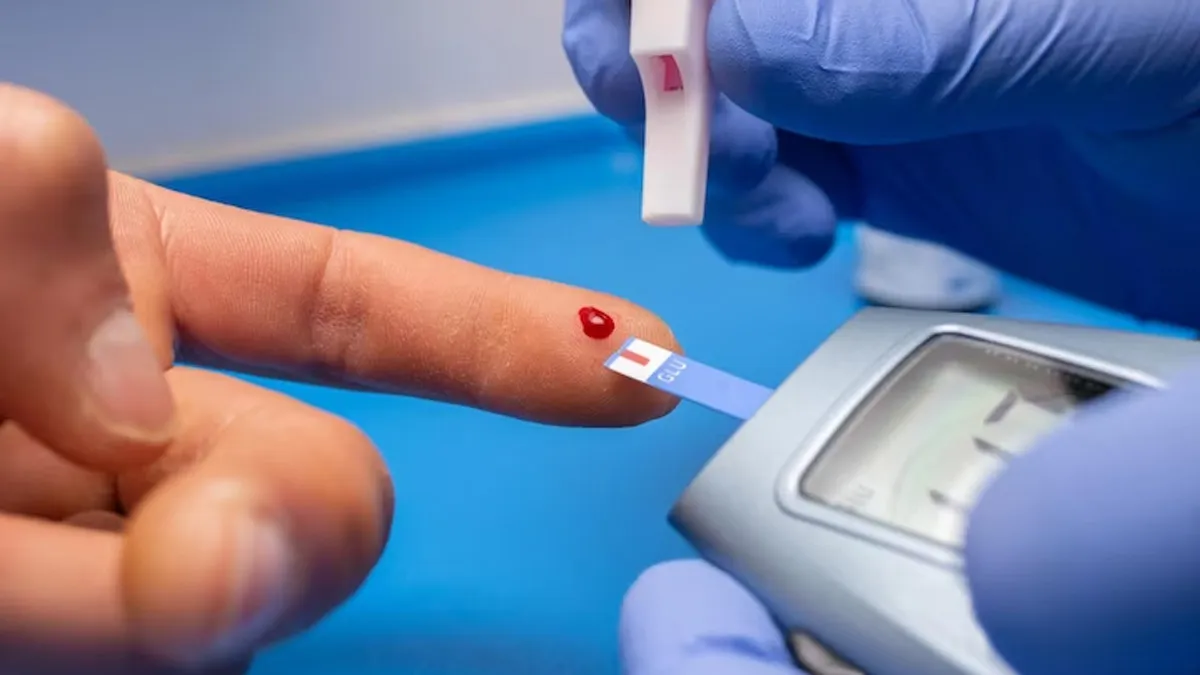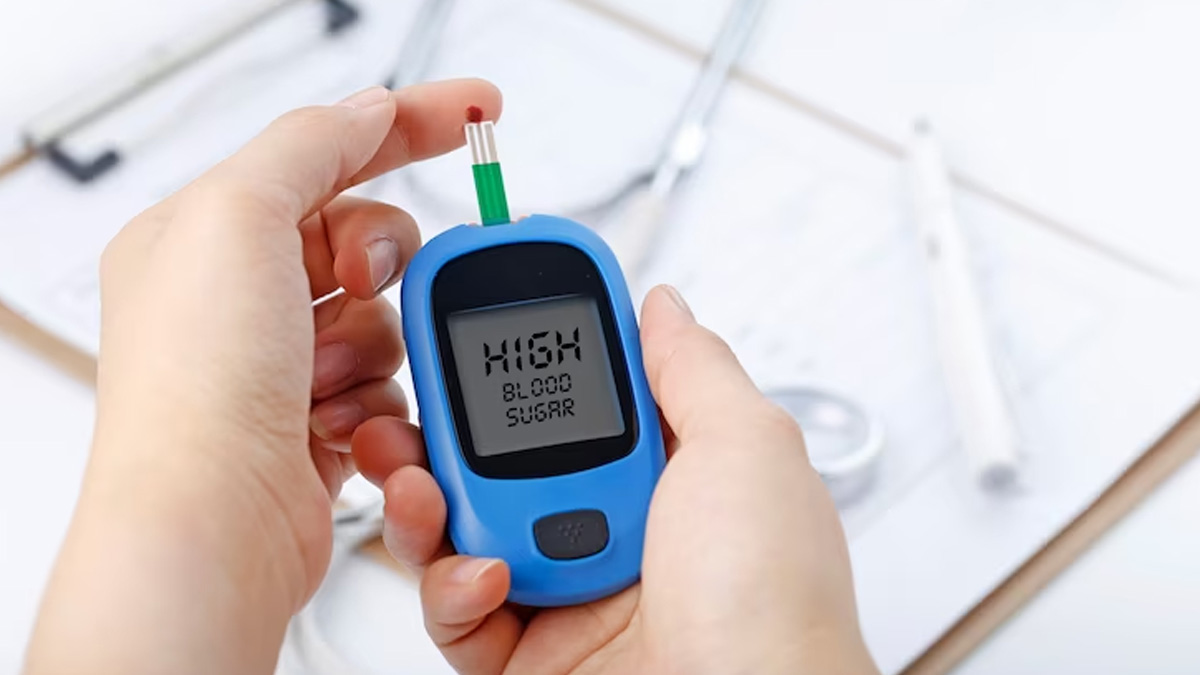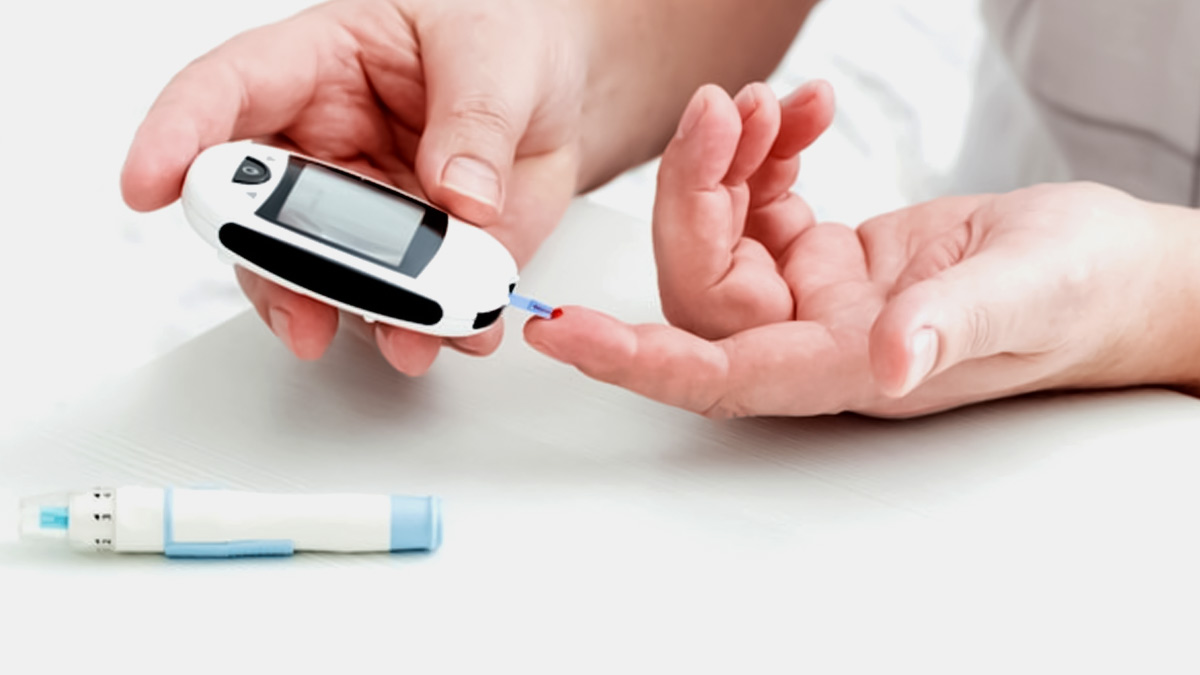
Within the realm of health and wellness, words tend to be used interchangeably, causing confusion and, at times, a critical lack of understanding. Two words that are often confused with one another are hyperglycemia and diabetes. Although both of them are closely connected, they are not interchangeable, and an understanding of their different meanings is vital for proper health management and prevention. We spoke to our expert, Dr Bhumesh Tyagi, Consultant, General Medicine and Physician, Shardacare, Health City, Noida, and here is how he explained to us in simple terms.
Stating an example, Dr Tyagi said, “ Consider that all squares are rectangles, but not all rectangles are squares. In the same vein, all diabetic cases present with hyperglycemia, but all cases of hyperglycemia do not mean diabetes.” Here are the key differences and how you can identify them
Hyperglycemia
In easy language, hyperglycemia is just high blood glucose (sugar) levels. Glucose is our body's fuel, and its levels are carefully controlled by insulin, a hormone secreted by the pancreas. If this crucial balance is disturbed, blood sugar levels can become elevated above normal levels. Hyperglycemia can be an intermittent occurrence, happening for many reasons. These may include:
- Dietary indiscretion: Ingestion of a high-carbohydrate meal can raise blood sugar temporarily, particularly in people without metabolic problems.
- Stress: Stressful events or physical stress may cause the release of hormones that increase blood glucose.
- Illness or infection: The body's response to sickness may result in temporary insulin resistance and excess glucose production.
- Some medications: Certain medications, such as corticosteroids, may result in a temporary increase in blood sugar.
- Dawn phenomenon: There is a natural increase in hormones during the early morning hours that may lead to a small rise in blood glucose in some people.
Also Read: How Oral Rehydration Solution (ORS) Helps Manage Dehydration in Diarrhoea?

In these cases, as soon as the offending factor is removed, blood sugar levels will usually return to normal. Although not a disease in itself, repeated or sustained hyperglycemia, even if not diagnosed as diabetes, may be harmful to the body over a long period.
Diabetes
On the other hand, diabetes is a chronic metabolic disease. Diabetes is strictly due to insulin insufficient production. It is characterised by persistently high blood glucose levels (chronic hyperglycemia). The persistent elevation is because of either of the following reasons:
The body cannot produce enough insulin in type 1 Diabetes; it's an autoimmune condition where the immune system attacks and destroys the insulin-producing cells inside the pancreas.
The body's failure to properly utilize the insulin it makes (Insulin Resistance - Type 2 Diabetes): With this more prevalent type, cells become less responsive to insulin and result in an accumulation of glucose in the blood.
Or even sometimes, a combination of both.
In contrast to the temporary bursts of hyperglycemia, diabetes must be controlled on an ongoing basis to avoid serious consequences. If not controlled, chronic hyperglycemia can stimulate a chain of complications involving the heart, kidneys, eyes, nerves, and so on.
 5
5
Key Differences Between Diabetes And Hyperglycemia
The most important difference is in their nature and duration. Hyperglycemia is a condition, a transient or temporary state in which blood sugar is elevated. It's like a symptom or glitch on the radar, usually occasioned by certain events such as a large meal, stress, illness, or certain drugs. When the occasion passes, blood sugar usually goes back to baseline.
Diabetes, by contrast, is a chronic disease, a long-term, persistent metabolic disorder characterised by elevated blood glucose levels that continue indefinitely. This persistent elevation isn't merely a transient response; it's an underlying issue with the way the body makes or utilises insulin, the hormone critical to the regulation of blood sugar. Whether due to the body's failure to produce adequate insulin (Type 1 Diabetes) or its failure to properly use insulin (Type 2 Diabetes), the outcome is a steady increase in glucose that must be controlled continuously to avoid serious, long-term consequences.
Bottomline
Overall, then, while hyperglycemia is technically the diagnostic hallmark of diabetes, it is also a term used to denote any occurrence of raised blood glucose. And by embracing this subtlety, we can transcend mere recognition of a high reading and instead work on the context behind it, resulting in more educated health choices and ultimately, improved well-being. If you find you have recurring high readings of blood sugar, speak with your physician for accurate diagnosis and advice.
Also watch this video
Read Next
How Does Ozempic Work For Diabetes?
How we keep this article up to date:
We work with experts and keep a close eye on the latest in health and wellness. Whenever there is a new research or helpful information, we update our articles with accurate and useful advice.
Current Version
